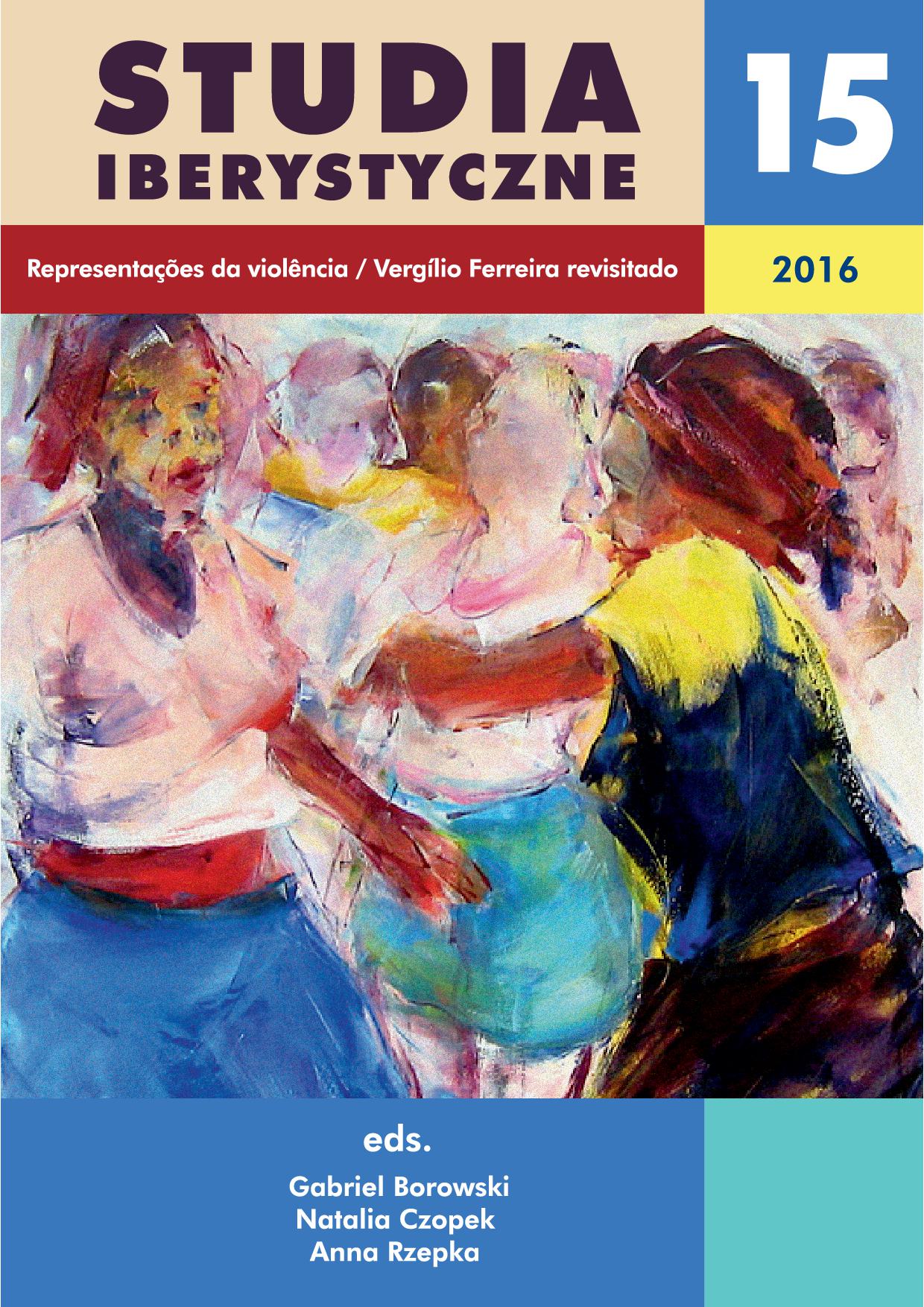Oratura como afirmação, combate e hibridação nas geografias iberófonas: o caso angolano de Manuel Rui
Oral literature as a mark of cultural diversity, combat and hybridization in Iberophone geographies – the Angolan writer Manuel Rui: a case study
Author(s): Luís Mascarenhas GaivãoSubject(s): Studies of Literature
Published by: KSIĘGARNIA AKADEMICKA Sp. z o.o.
Keywords: Orature; colonialism; epistemicide; hybridization; Manuel Rui
Summary/Abstract: The 15th century opened up “new” worlds to Portugal and Spain and saw the start of colonialism, which became global from the 17th century onwards. With Enlightenment, one can find the foundations of Eurocentric modernity that gave rise to the dark side of capitalism and imperialism: Europeans brought millions of slaves from Africa to carry out the construction of America and cultural 66 Luís Mascarenhas Gaivão epistemicide caused unnamable losses on both continents. The orature (oral literature) is a weapon used nowadays by the former colonized peoples of Latin America and Africa for the rescue and strengthening of cultures and traditions.In Angola, the writer Manuel Rui is a model in that ability to retransform the literary text.
Journal: Studia Iberystyczne
- Issue Year: 2016
- Issue No: 15
- Page Range: 65-79
- Page Count: 15
- Language: Spanish

